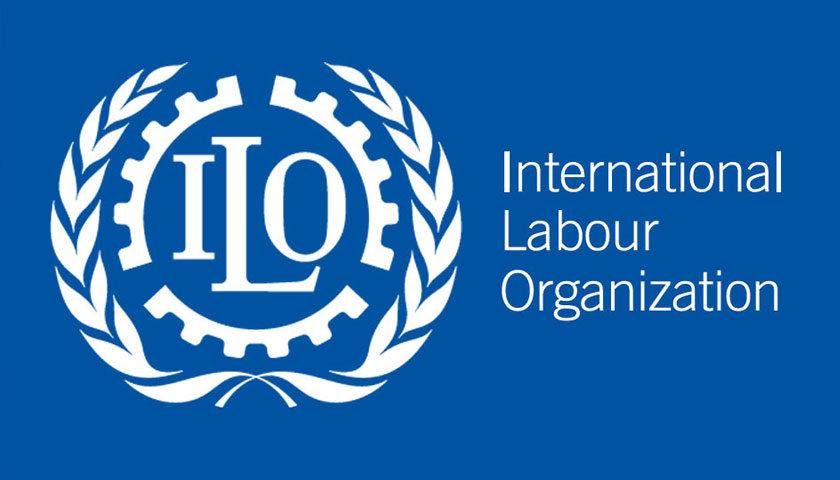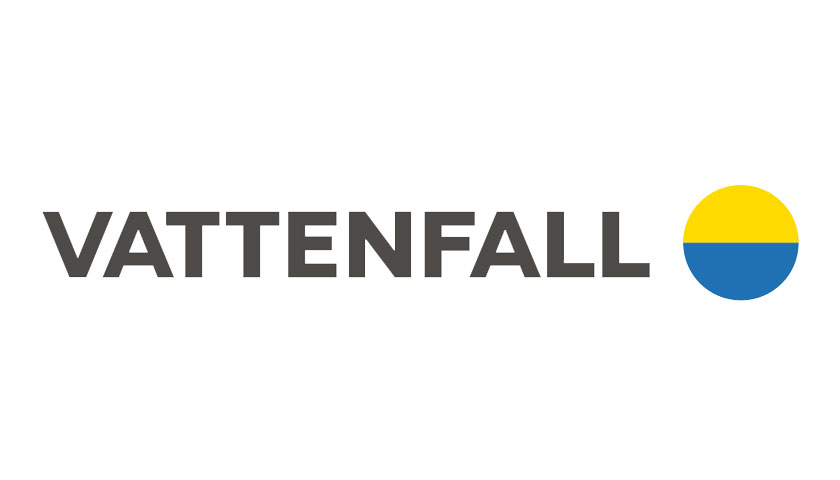Governments of low- and middle-income countries will need to increase spending to ensure universal social protection by an estimated additional US$1.4 trillion if they are to provide basic social protection for all, according to a new working paper by the International Labour Organization (ILO), Financing Gap for Universal Social Protection: Global, regional and national estimates and strategies for creating fiscal space.
This financing gap represents 3.3 per cent of the annual GDP of low and middle-income countries combined. The findings point to even greater challenges for low-income countries, where the social protection financing gap reaches an overwhelming 52.3 per cent of annual GDP.
To achieve universal coverage, low- and middle-income countries will need additional government spending of 10.6 per cent of annual government expenditure. This can be raised through domestic resources, such as taxation and social security contributions, as well through better management of sovereign debt.
However, for low-income countries in particular, bridging the gap would require the mobilization of four times annual government expenditure. This is why, the working paper argues, international solidarity is needed. The authors note that, to close such a gap, development assistance to these countries would need to be more than tripled and used solely for social protection.
Regionally, the findings show that Africa faces the most substantial challenges, with a financing gap of 17.6 per cent of the continent’s GDP per year, followed by low- and middle-income countries in the Arab States (11.4 per cent), Latin America and the Caribbean (2.7 per cent), Asia and the Pacific (2.0 per cent) and Europe and Central Asia (1.9 per cent).
The paper also argues that attaining universal social protection is pivotal, in order to adequately address the consequences of the climate crisis, because universal social protection helps to reduce vulnerabilities and climate shocks. As such, the document notes that international climate financing can help reinforce and adapt social protection systems in low-and-middle income countries.
Based on figures for 133 low- and middle-income countries, the working paper provides estimates of the investment necessary to ensure universal coverage of basic benefits for all children, mothers of new-borns, persons with severe disabilities, persons in old age and the unemployed, as well as universal essential health care.



